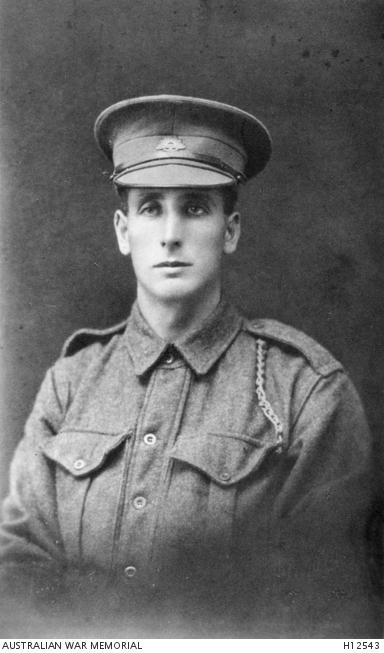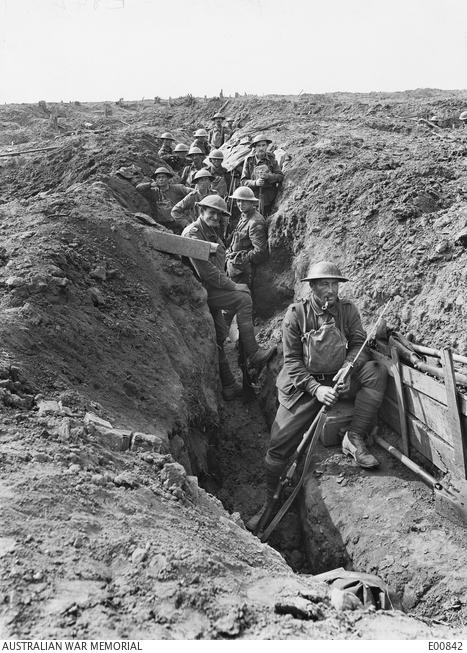The story of Hugh Barr - 90th anniversary of the Menin Gate Memorial
To mark the 90th anniversary of the opening of the Menin Gate Memorial to the Missing in Belgium, Claire Hunter looks at the story behind one of the more than 54,000 men whose names are inscribed on the memorial.

When Hugh Barr wrote to his “dear, dear mother” from the trenches in the First World War on 6 August 1917, he couldn’t have known it would be his last letter:
I know this job is not to [sic] sweet, but we must carry on. I am not fretting or downhearted. I go to the trenches prepared to take on any job my mates have to do, that is the spirit we box on with. If it is good enough for one it is good enough for all.
Two months later he was dead. Killed in action near the village of Zonnebeke, the 31 year old was hit by a shell and died instantly. He was buried by his comrades, but his grave was never located, and his name is inscribed on the Menin Gate Memorial to the Missing at Ypres in Belgium along with more than 54,000 others, including more than 6,000 Australians.
Born in 1886 in Larne, Ireland, to Samuel and Margaret, Hugh Barr trained as a fitter’s helper and moved to Australia in his mid-twenties, working as a seaman on the steamer Western Australia. He enlisted with the Australian Imperial Force on 18 January 1916 and joined the 44th Battalion, entering the front-line trenches of the Western Front on 29 December, just after Christmas in the bleak winter of 1916–17.
The battalion fought in its first major battle at Messines in Belgium between 7 and 10 June, and in the months that followed was heavily employed in the Ypres sector in costly offensive operations. In letters home to his mother, Barr wrote of the strain the battalion was under and that there were not many “old boys” left:
We have just come out of the trenches for a spell and I can tell you we have earned it. We have had it fairly hot since the advance and up over the waist in mud. We have had very heavy casualties this time also.
That same month Barr was promoted to the rank of corporal, the next month he was made lance sergeant, and the next a temporary sergeant. But in his letters, he expressed deep concern for his mother at home and told her he’d be sending her the extra money from the pay rises he’d gained from his promotions. “Mother dear you use up that money of mine,” he wrote. “I would feel much happier to know you are well and as comfortable as possible.”
Barr’s own life at the front would have been far from comfortable. The next major attack in which his battalion participated took place at Broodseinde Ridge on 4 October. It was a just over a week later that Barr was killed, and on 28 January 1918 he was posthumously awarded the Military Medal, for which he had already been nominated.
The company commander and battalion adjutant both wrote to Barr’s mother in Ireland in the weeks and months after his death. Captain Roy Skinner wrote:
Mrs Barr, I, as Hughie’s Company Commander, can assure you he was much valued in this company. Both by his comrades and officers. I have been with him on patrol in no man’s land, and therefore knew his sterling worth. All I can say is that he was always a true soldier, devoted to duty.
Captain Cyril Hamilton Corby Hillary also wrote from the field: “Your son was a brave and conscientious soldier. Without a doubt he was one of our most serious losses in the recent operations, his memory will ever live in the minds of his comrades.”
